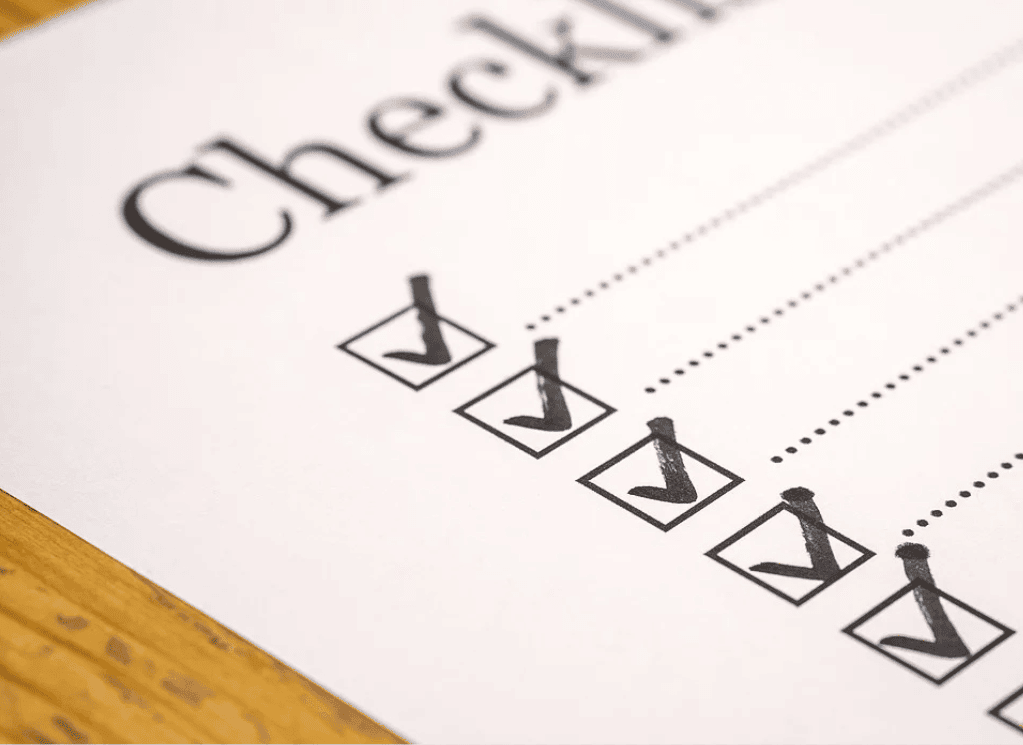Please provide your information and submit this form. Our team will be in touch with you shortly.
You may be at the point in your life when your children are through school and on their own, and you are faced with a new challenge: elderly parents. This is a tough topic for many of us, as we struggle with how to best help them. In this series, we are going to go over ways that we help those in this stage of life and list some important “to-do’s” that can be found in our Checklist for Elderly Parents.
 First and foremost, we will provide a list of important estate documents that your parents should have in place such as a Power of Attorney for Finances and Healthcare, an Advanced Medical Directive, HIPAA Release, and a Will. The Durable Power of Attorney for Finances and Healthcare is one of the biggest “to-do’s” so that in case your parents get to the point that they can’t make decisions for themselves, they have someone to act on their behalf. It is also important that your parents get an Advanced Medical Directive drafted, to list their wishes on the type of healthcare they want to receive in the event they are unable to communicate it themselves. Without a HIPAA Release that states that your parent’s doctors are allowed to discuss their medical situation with you, you will be in the dark, so it is important to have this in place. And finally, a Will is important because it allows for your parent’s final wishes to be fulfilled.
First and foremost, we will provide a list of important estate documents that your parents should have in place such as a Power of Attorney for Finances and Healthcare, an Advanced Medical Directive, HIPAA Release, and a Will. The Durable Power of Attorney for Finances and Healthcare is one of the biggest “to-do’s” so that in case your parents get to the point that they can’t make decisions for themselves, they have someone to act on their behalf. It is also important that your parents get an Advanced Medical Directive drafted, to list their wishes on the type of healthcare they want to receive in the event they are unable to communicate it themselves. Without a HIPAA Release that states that your parent’s doctors are allowed to discuss their medical situation with you, you will be in the dark, so it is important to have this in place. And finally, a Will is important because it allows for your parent’s final wishes to be fulfilled.
Another important area to create a list of is for health-related things such as what medications, vitamins, and supplements your parents take and if they have any allergies or dietary restrictions. If you have a concern about your parents not being able to take care of themselves, we will go over and explain some senior housing options such as assisted living, memory care, nursing home care, in-home care, or if you want them to stay with you. If you want to help with the cost of any type of senior housing, we can look at how these added expenses change your cash flow and overall financial plan.
In addition to making lists of the items above, we also recommend going ahead and making a list of your parent’s financials. This can include their sources of income, assets, liabilities, and insurance policies. Ensuring that assets such as retirement accounts have primary and contingent beneficiaries listed is crucial because without a beneficiary designation, that account will go through the probate process. Your parents should also consider placing TOD (transferable on death) and POD (payable on death) designations on taxable accounts in order to avoid probate, especially if your parent is single.
For other documents such as your parents birth certificate, social security card, or insurance coverage card, it is important to make note of where you can find those things for when the time comes. If your parent’s have a safe deposit box, it is important to ensure that they add a trusted contact to be the signer for access. In addition to these documents, keep a list handy of important contact information, such as your parent’s doctors, attorneys, and financial planners in case you need to reach out to them in the future.
We hope that this checklist is helpful for those of you in this phase of life, and please feel free to reach out to us if you have any questions. If you’d like a copy of our Checklist for Elderly Parents, please let us know. This information is not intended to be substitute for specific individualized advice, and we suggest you discuss your specific situation with a qualified financial advisor.


